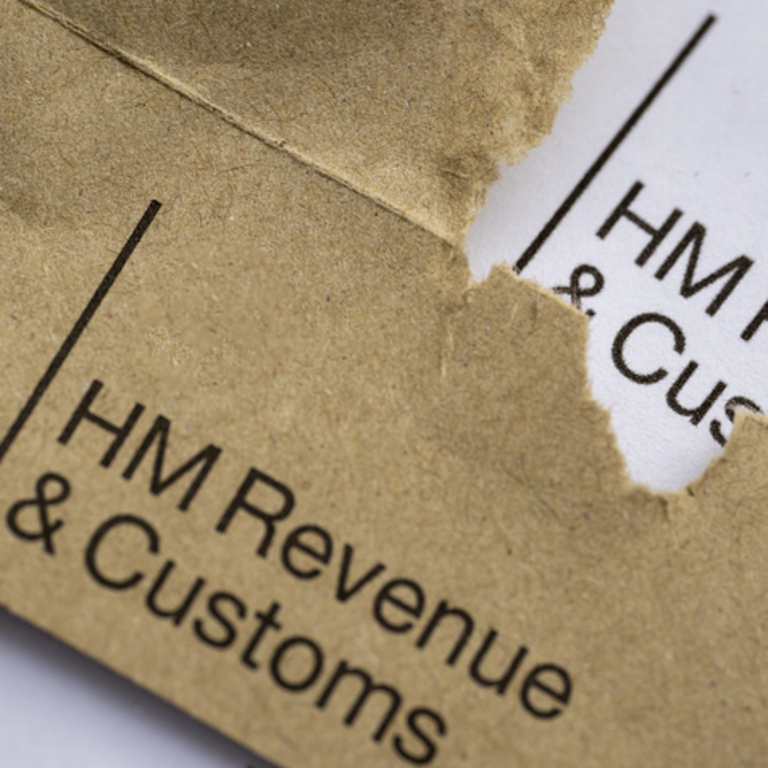
posted 22nd September 2025

Five Common Accountancy Mistakes That Trigger HMRC Investigations
When HMRC launches an investigation, many clients assume it’s because HMRC suspects deliberate wrongdoing. The reality is often far less sinister: most investigations are triggered by simple mistakes made by accountants. Unfortunately, these mistakes can cost businesses and individuals thousands in penalties and backdated tax.
Here are five of the most common accountancy errors that lead to HMRC knocking on the door:
1. Wrong VAT Treatment VAT is notoriously complex, with different rates, exemptions, and schemes to consider. A common error is applying the wrong VAT rate, failing to register at the right time, or misusing the flat rate scheme. For example, some accountants incorrectly advise clients to zero-rate items that should be standard-rated, leaving the client liable for years of underpaid VAT.
2. PAYE Misguidance Running payroll requires accuracy. Accountants sometimes fail to register businesses as employers, miscalculate deductions, or fail to report benefits correctly. These mistakes can lead to significant liabilities for unpaid PAYE and National Insurance, plus penalties for late reporting.
3. IR35 Errors The rules around IR35 are complicated and constantly changing. Accountants often give incorrect advice on whether contractors fall inside or outside IR35. Getting it wrong can result in HMRC demanding unpaid tax and National Insurance contributions going back years.
4. Mishandled Expenses Expenses are another common source of errors. Some accountants advise clients to claim personal costs as business expenses, while others fail to highlight legitimate deductions. Either way, the result is exposure to penalties and the risk of an enquiry.
5. Poor Inheritance Tax Planning Inheritance tax and capital gains planning requires careful guidance. Accountants often overlook valuable reliefs or fail to advise on reporting obligations. When HMRC reviews estates or property sales, errors come to light — leaving families with unexpected tax bills.
Why Clients Suffer
The frustrating reality is that HMRC doesn’t hold accountants responsible for these mistakes — they hold the taxpayer responsible. Even when you acted on professional advice in good faith, HMRC expects you to pay the tax, interest, and penalties.
How We Help At Tax Investigation Helpline, we step in to:
- Review where mistakes were made.
- Defend you in HMRC investigations.
- Negotiate fair settlements and reduced penalties.
- Hold negligent accountants accountable.
Key Takeaway Most HMRC investigations are preventable. But when mistakes happen, it’s vital to act quickly. With the right representation, you can defend your position, correct the errors, and make sure you’re not left paying the price for someone else’s negligence.












